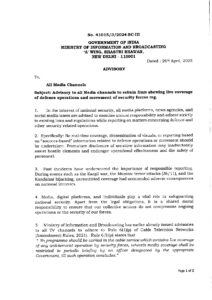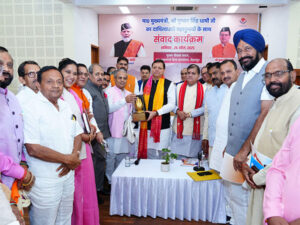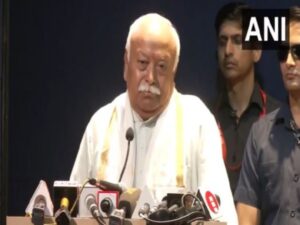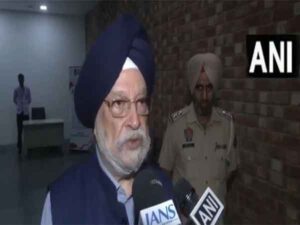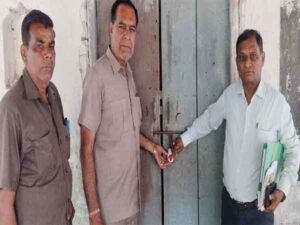President Murmu gives assent to Bill aimed at checking malpractices in entrance examinations
New Delhi [India], February 13 (ANI): President Daroupadi Murmu has given her nod to the Public Examinations (Prevention of Unfair Means), Bill, 2024, which aims to check cheating in government recruitment exams.

The Bill was passed by the two Houses of Parliament in the Budget session which concluded on February 10. It seeks to prevent the use of “unfair means” in public examinations and bring “greater transparency, fairness and credibility”.
It got the President’s approval on Monday and shall come into force on a date decided by the Central Government by notification in the Official Gazette.
The Bill, which has become an Act now with the President’s nod, defines several offences in relation to public examinations.
The public examinations in the Act refer to examinations conducted by authorities notified by the central government. These include Union Public Service Commission, Staff Selection Commission, Railway Recruitment Board, National Testing Agency, Institute of Banking Personnel Selection, and Departments of the central government and their attached offices for recruitment.
It prohibits collusion or conspiracy to facilitate indulgence in any unfair means. It specifies unfair means to include unauthorised access or leakage of question paper or answer key, assisting a candidate during a public examination, tampering with computer network or resources, tampering with documents for shortlisting or finalising of merit list or rank, and conducting fake examination, issuing fake admit cards or offer letters to cheat, for monetary gain.
The Act also prohibits disclosing exam-related confidential information before time, and unauthorised people from entering exam centres to create disruptions. The offences will be punishable with imprisonment between three and five years, and a fine up to Rs 10 lakh.
In the event of a violation of provisions of the Act, service providers must report to the police and the concerned examination authority. A service provider is an organisation that provides computer resources or any other support to a public examination authority. Failure to report such incidents will be an offence, according to a Law Ministry notification.
In case, the service providers themselves commit an offence, the examination authority must report it to the police.
The legislation prohibits service providers from shifting the exam centre without permission from the examination authority. An offence by a service provider will be punishable with a fine of up to one crore rupees. The proportionate cost of examination will also be recovered from such a service provider. Further, they will also be barred from conducting public examinations for four years.
If it is established that offences involving service providers were committed with the consent or connivance of any director, senior management, or persons-in-charge of the service providers, such persons will be held personally liable. They will be punished with imprisonment between three years and 10 years, and a fine of Rs 1 crore.
The Act specifies a higher punishment for organised crimes. An organised crime is defined as an unlawful act committed by a person or a group of persons to further a shared interest for wrongful gain in relation to public examinations. Persons committing an organised crime will be punished with imprisonment between five years and 10 years, and a fine of at least Rs 1 crore.
If an institution is held guilty of committing an organised crime, its property will be attached and forfeited, and a proportionate cost of the examination will also be recovered from it.
All offences under the Bill will be cognisable, non-bailable, and non-compoundable. No action will count as an offence if it is proved that the accused had exercised due diligence. An officer not below the rank Deputy Superintendent or Assistant Commissioner of Police will investigate the offences under the Act. The central government may transfer the investigation to any central investigating agency.

